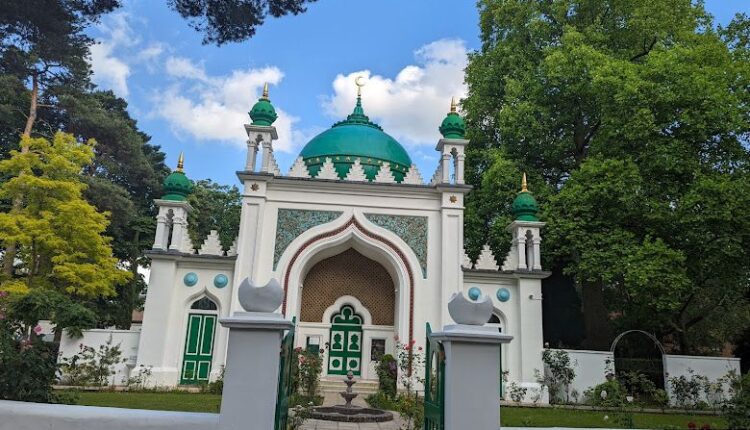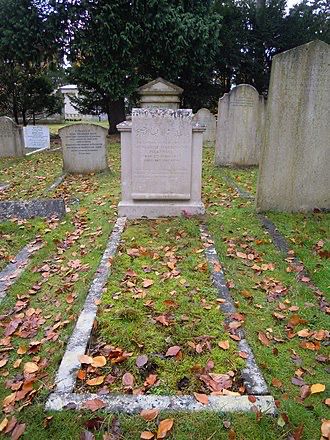Lest We Forget
Muhammad Marmaduke Pickthall (1875–1936)
Ishtiaq Ahmed Some individuals, though few in number, leave behind legacies that transcend time and geography. Their contributions are not confined to a single nation or era but continue to inspire, enlighten, and drive change on a global scale. The light they kindle does not fade, it grows brighter with time. Muhammad Marmaduke Pickthall was one such remarkable intellectual.
Born on April 7, 1875, at Cambridge Terrace near Regent’s Park, today home to the Regent’s Park Mosque, Pickthall was the son of Reverend Charles Grayson Pickthall and Mary Hale (née O’Brien), the daughter of Admiral Donat Henchy O’Brien, a veteran of the Napoleonic Wars. Through his paternal line, Pickthall traced his ancestry to Sir Roger de Pictou, a knight who came to England with William the Conqueror. His mother, of Irish descent, belonged to the Inchiquin clan and had previously been married to William Hale.
Pickthall spent his early years in the English countryside, living in his father’s rectory in Suffolk with several older half-siblings and his younger brother. A frail child, he suffered from a serious bout of measles complicated by bronchitis as an infant.

After his father’s death in 1881, the family relocated to London. He briefly attended Harrow School, where he formed a friendship with future British Prime Minister Winston Churchill, before leaving after six terms.
Pickthall embraced Islam publicly in 1917 at the Woking Muslim Mission. Following his declaration of faith (Shahada), he delivered a speech comparing Islamic and Christian approaches to religious law, asserting that Islam was better suited to address the challenges of the modern, post-war world. He identified himself as a Sunni Muslim of the Hanafi school.
In 1920, he travelled to India with his wife at the invitation of the Nizam of Hyderabad and took up the role of editor at the Bombay Chronicle. In 1926, he was appointed Principal of Chadarghat High School in Hyderabad. In 1931, the Nizam’s government established a Publicity Bureau, and Pickthall was named its Publicity Officer while continuing his duties at the school.
Although Pickthall was a novelist of notable literary talent, admired by writers such as D.H. Lawrence, H.G. Wells, and E.M. Forster, his most enduring legacy is his English translation of the Qur’an, The Meaning of the Glorious Koran. Published in 1930 during his tenure in Hyderabad, it was the first such translation by a British Muslim and received formal approval from Al-Azhar University. The Times Literary Supplement praised it as “a great literary achievement.”
Since its original publication, Pickthall’s translation has never gone out of print. While its use of biblical English was later considered dated, modern revisions have made the language more accessible without compromising the essence of the original work.
Even before embracing Islam, Pickthall was an avid traveller and scholar of the Middle East. At a time when the Ottoman Caliphate had collapsed and the Muslim world struggled to unite, he was a vocal supporter of the Ottoman Empire and earned a reputation as a staunch “Turkophile.” His pro-Ottoman stance cost him a position at the Arab Bureau, which instead went to T.E. Lawrence. In June 1917, Pickthall gave a passionate speech defending the rights of Palestinian Arabs during debates surrounding the Balfour Declaration.
He regularly delivered Friday sermons (khutbas) at both the Woking Mosque and various locations in London. Some of these sermons were later published. He also managed the Islamic Information Bureau in London for a year, publishing a weekly paper titled The Muslim Outlook. Alongside Yusuf Ali, another esteemed Qur’an translator, he served as a trustee of both the Shah Jehan Mosque in Woking and the East London Mosque.
Pickthall returned to England in 1935 and passed away a year later in St Ives, Cornwall. He was laid to rest in the Muslim section of Brookwood Cemetery in Surrey where later Abdullah Yusuf Ali was also buried. These two pioneers of Islamic scholarship lie in humble, unadorned graves, without grand mausoleums or the constant murmur of visitors—yet their intellectual and spiritual legacies endure.
Selected Works by Muhammad Marmaduke Pickthall:

- All Fools (1900)
- Saïd the Fisherman (1903)
- Enid (1904)
- Brendle (1905)
- The House of Islam (1906)
- The Myopes (1907)
- Children of the Nile (1908, short stories)
- The Valley of the Kings (1909)
- Pot au Feu (1911)
- Larkmeadow (1912)
- The House of War (1913)
- Veiled Women (1913)
- With the Turk in Wartime (1914)
- Tales from Five Chimneys (1915)
- Knights of Araby (1917)
- Oriental Encounters – Palestine and Syria (1918)
- Sir Limpidus (1919)
- The Early Hours (1921)
- As Others See Us (1922)
- The Cultural Side of Islam (1927)
As Editor: Folklore of the Holy Land – Muslim, Christian, and Jewish (1907) (E H Hanauer), Islamic Culture (1927) (Magazine)
Photo Credit: Ishtiaq Ahmed Archive
The article is the writer’s opinion, it may or may not adhere to the organization’s editorial policy.
The author is a British citizen of Pakistani origin with a keen interest in Pakistani and international affairs.
